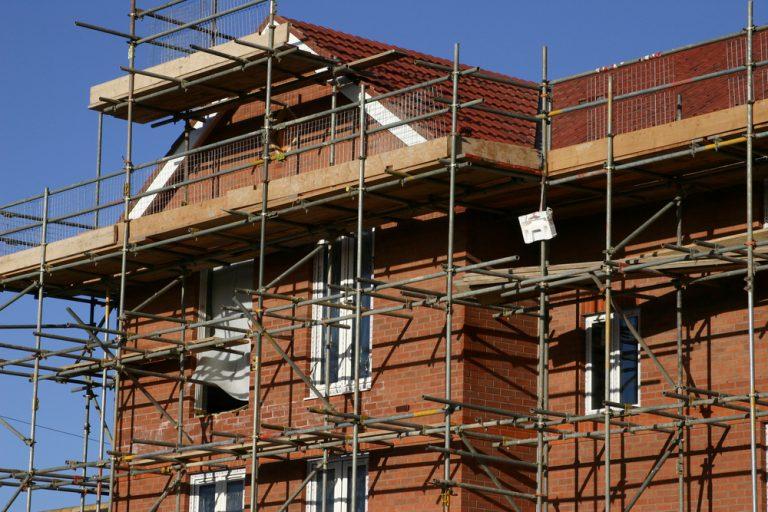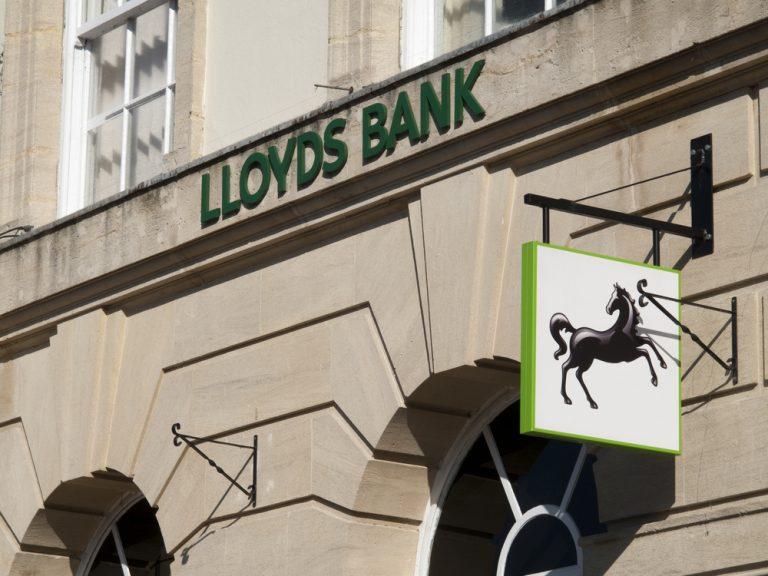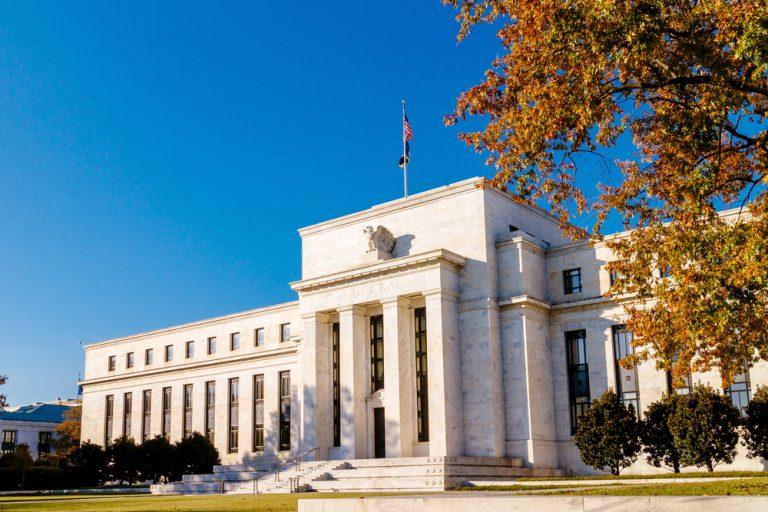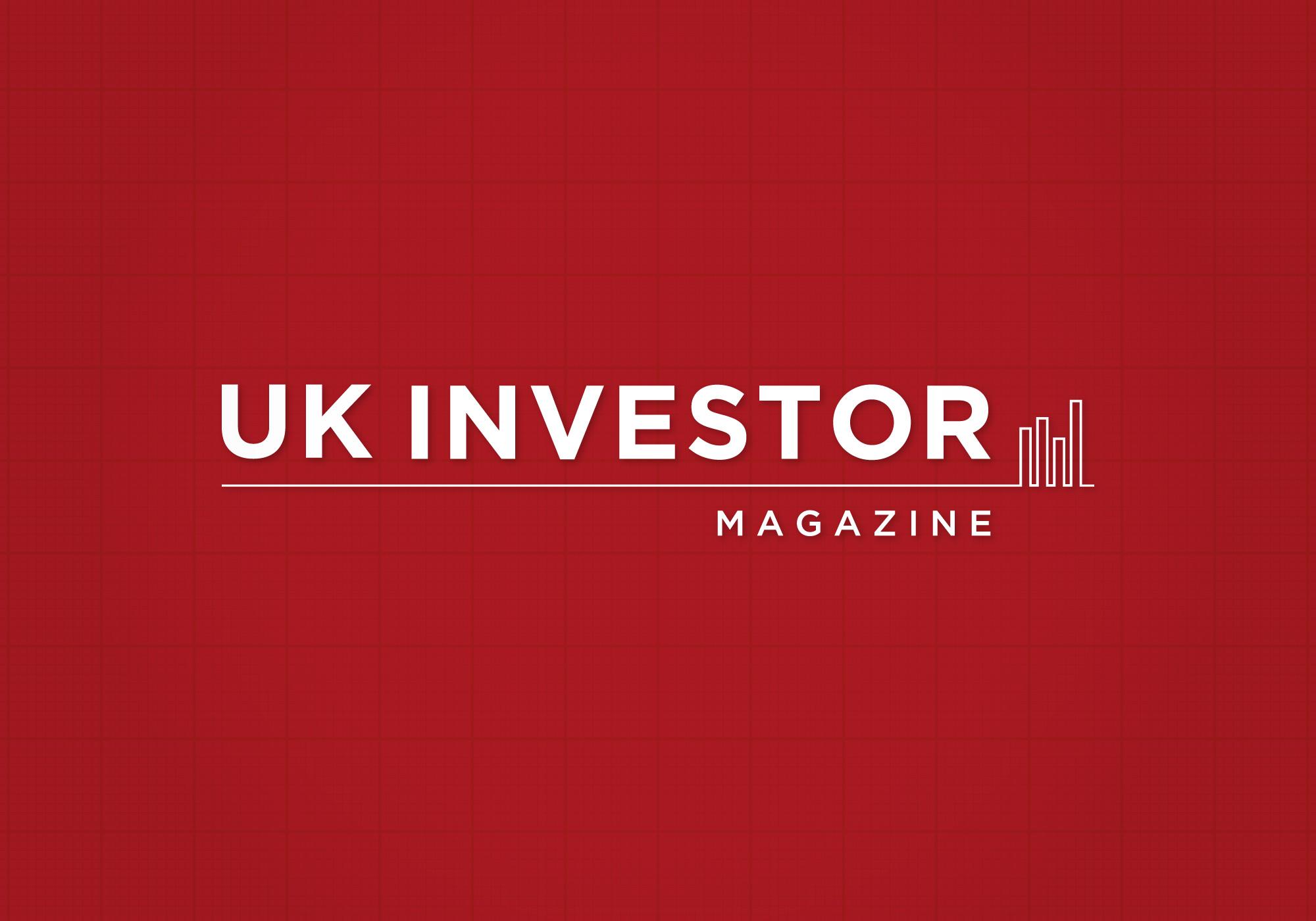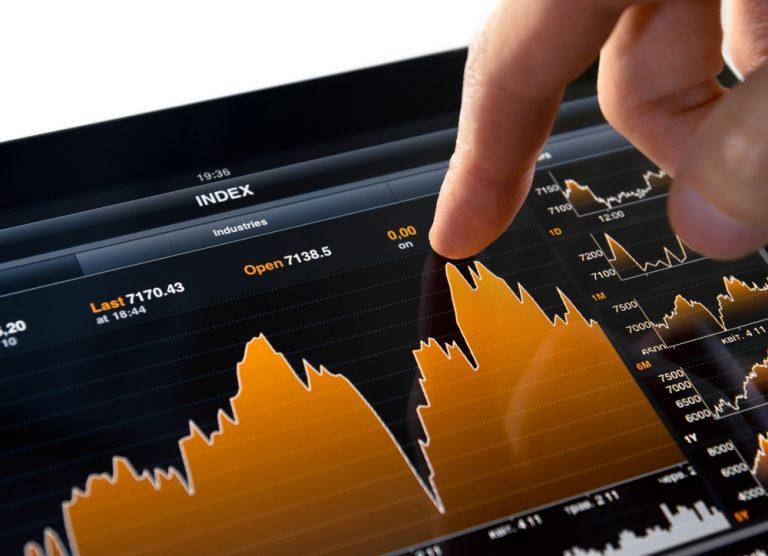This UK home builder has recently rewarded investors with a 40% dividend hike.
In addition:
- 24% increase in sales
- 25% increase in operating profit
- 26% increase in net profit
The full tip is available below along with the unique rating of this stock.
Read full tip now and get rating for free:
The WeStockTip website and any associated communications are general in nature and are not investment advice. Any information presented on this website should not be taken as a recommendation, inducement or invitation to enter into any financial transaction. Please seek independent financial advice before you make any investments. WeStockTip accepts no liability or responsibility for any action taken by any company or individual using this website. By using WeStockTip you agree to the terms and conditions.

